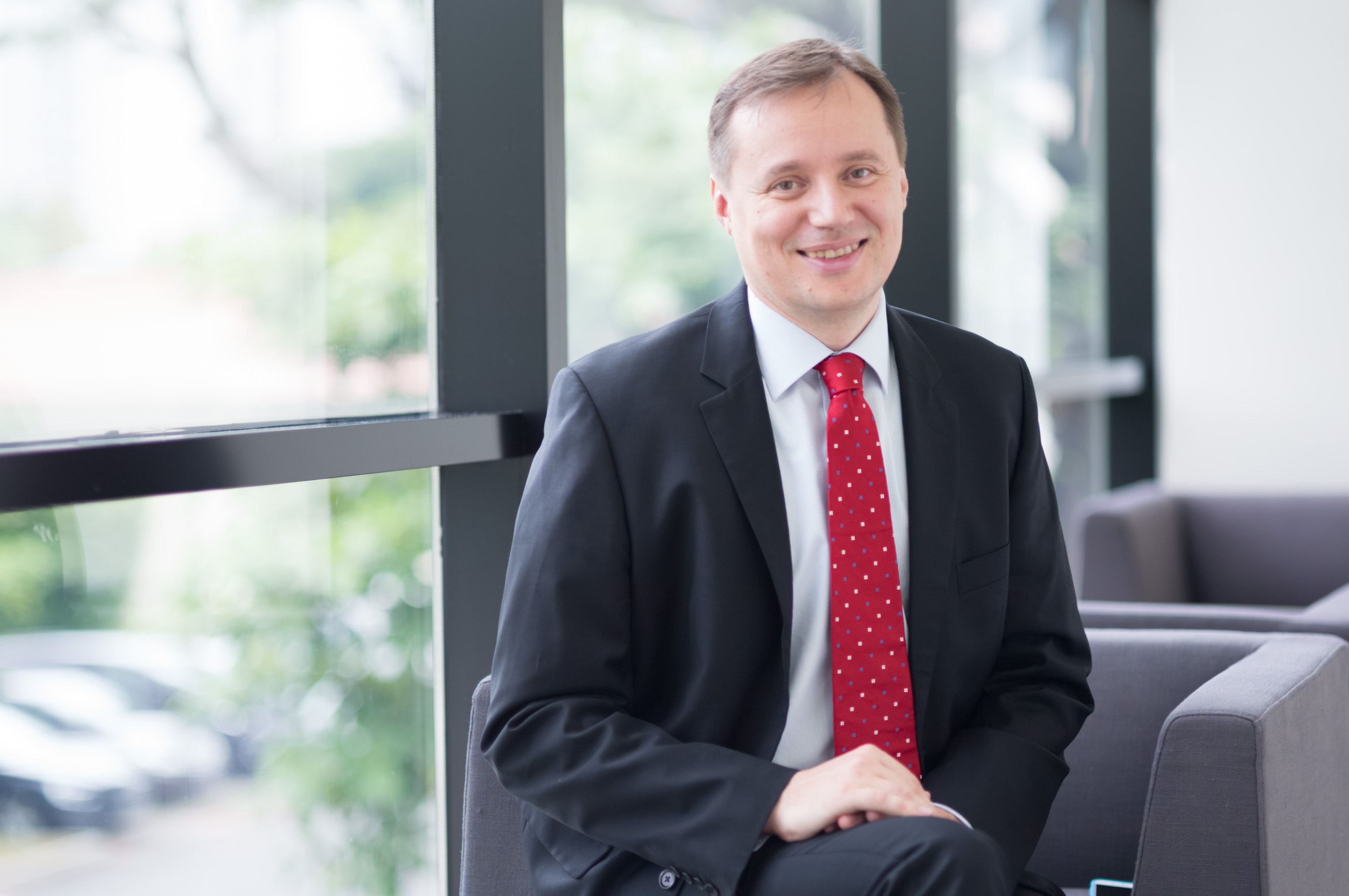
By Josip Car, Professor, Digital Health Sciences and Director, Centre for Population, LKCMedicine
By National Day 2021, two-thirds of Singapore’s population aged 12 years and above are expected to be vaccinated against COVID-19. This is an important milestone as a high vaccination rate means most of us will get the maximum protection currently possible from the coronavirus. For a country to go from zero to over half of the population fully vaccinated within half a year is truly remarkable, and a testament to the unceasing efforts of everyone from our leaders and health workers to people of Singapore. The road has not been perfect, but amidst the sometimes-relentless criticism from some quarters of the internet, we should also remember how far we have come in this fight.
But there is surely more of this road to travel. As a concerned member of the public and physician myself, I cannot help but feel concerned that vaccination numbers for those 70 years and above, have plateaued at around 70 per cent, as of early July. This is further complicated by the fact that in Singapore, the government had opened vaccination to this age group first.
But before we start pointing fingers or dismiss others, let’s take a moment to ask the whys, with empathy instead of irritation. Whether cynicism towards authority, existential resignation, or a fear of the unknown, or even of needles, listening ears are needed. We don’t take down walls by building more of them, but by talking to those who built them. The first step is to show great respect – even if the elderly decline vaccination, let us still respectfully engage them in dialogues that may yet help them change their minds.
From a medical perspective, I believe the case is clear for the elderly. The current vaccinations are known to reduce the risk of severe COVID-19 symptoms requiring hospitalisation and death. The mortality due to COVID-19 significantly jumps with age. While we know that vaccination does not fully prevent people from getting infected, it certainly does prevent serious disease in vast majority of those vaccinated depending on the variant of the virus. Medical professionals may have laid out the bare facts that the benefits of vaccination simply outweigh the potential for side effects, especially for the elderly.
There are more serious implications down the road. The high take-up rate of vaccination amongst other age groups may complicate the situation for the elderly as the country opens up. As restrictions relax, the circulation of virus in the community will likely increase (yes, also through the vaccinated) and many people may have asymptomatic infections or very mild symptoms due to the vaccines working as intended. So while those of other age groups may have the virus, they are likely to be less affected than the unvaccinated elderly who may catch the virus from them.
I suspect that for the voluntary unvaccinated, this goes beyond just medical - or survival - logic. The war isn’t just happening at a cellular level for our bodies; it is also an information war for our beliefs and worldviews. From a risk communication perspective, I would suggest aligning our communication efforts in a way that resonates with the elderly’s desire to care for their health and stay out of hospitals. For instance, there may be something along the lines of explaining that being hospitalised for COVID-19 is not enjoyable in any way for them, like the extra oxygen required, or the potential of catching other nasty infections whilst in hospital. Or getting infected may mean being severely breathless, so much so that a life support machine might be needed.
But while all this may be true, let us not get into the business of fearmongering. The truthful message of vaccination should be conveyed after we’ve listened, and with a gentle hand.
But it would be foolish of us to throw ourselves back into normality and expect vaccination to be the one cure for this pandemic. I would strongly advocate a multi-faceted effort, from vaccination drives on the ground to the offices of policymaking. It will have to involve everyone, from the elderly in their communities to lab-coated researchers. Let’s live well, live safe, and play our role in protecting ourselves so that we may protect others.

